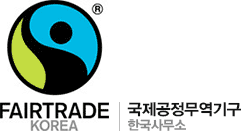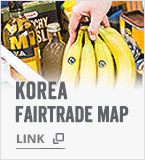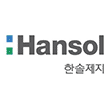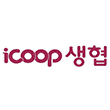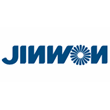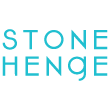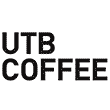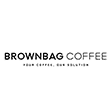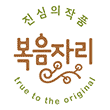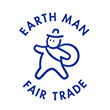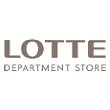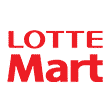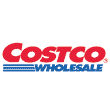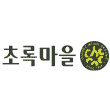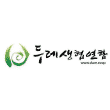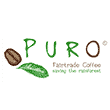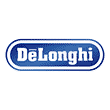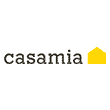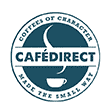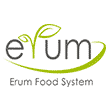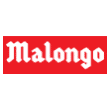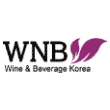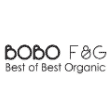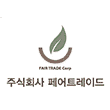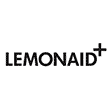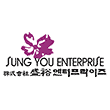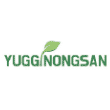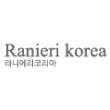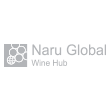- You are here :
- Home
- Media Center
- News and Events
News and Events
| 2016-07-12 16:49:40 | |
CELEBRATION MARK 25 YEARS OF FAIRTRADE |
|
| 14 November 2013, Utrecht, Netherlands - Today marks the historic moment 25 years ago when a handful of Dutch pioneers and Mexican coffee farmers decided to go against the tide and make a fair exchange for the fruits of their labour. This drive to “make trade fair” has become a nearly 5 billion euro-a-year global movement touching the lives of millions of farmers and shoppers. To mark Fairtrade’s jubilee,Max Havelaar Netherlands, the founding Dutch organization, has invited smallholder farmers from across the world to ‘Max Havelaar Celebrates 25 Years of Fairtrade’, a day-long celebration in Utrecht, Netherlands, on 14 November. 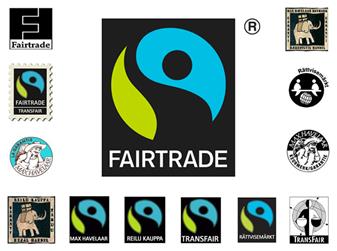 The international FAIRTRADE Mark resulted from Fairtrade organizations around the world joining At the event, farmers will share how they are changing their communities through Fairtrade and Peter d'Angremond, Executive Director of the Max Havelaar Foundation, will present the first-ever, carbon-neutral coffee to help coffee farmers combat climate change. Efforts to make Fairtrade more successful and sustainable are central to the development of a movement that has snowballed from its Dutch origins. In 1988 Frans van der Hoff, a Dutch missionary, along with a Dutch economist named Nico Roozen from the development agency, Solidaridad, launched the Max Havelaar label, named after a fictional character who opposed the exploitation of coffee pickers in Indonesia. “Twenty-five years ago the principled pragmatism of Dutch founders together with the vision of the Mexican coffee farmers put a mark on a product to ensure the consumer knew the farmers were receiving a fair price. We should pay credit to the genius of the simplicity of their idea and that they had the guts to go and do it when people said it wouldn’t work; that the public didn’t care. They have proved the optimists right,” said Molly Harriss Olsen, Chair of Fairtrade International From those first sales of coffee from Mexico to today, the Fairtrade label can now be found on more than 30,000 products, including tea, bananas, sugar and chocolate. Its benefits reach more than 1.35 million farmers and workers around the world. Over the past 25 years, the Fairtrade Mark has become the most recognized ethical mark in the world, with over €4.8 billion in annual sales and tremendous strides in some countries, for example: • In Switzerland, more than half of all bananas are Fairtrade • Over 40 percent of bagged sugar in the UK is carries the Fairtrade Mark • Every fifth bunch of flowers sold in Germany is Fairtrade certified. But even for all of the success, fairly traded goods still represent less than one percent of global trade in most products. Fairtrade recently announced plans to boost its impact for poor farmers and workers with its new three-year strategic fr “It’s an uncomfortable truth that for poor farmers and workers in supply chains, including Fairtrade supply chains, to earn a living wage, we must be prepared to pay more for goods such as tea and bananas. It’s one of Fairtrade’s radically conservative propositions: a little less profit at one end of the supply chain can mean a lot more dignity for people at the other. The time to rebalance the scales is long overdue so we have to pick up the pace of change.” Marike de Pena, Manager of BANELINO, a Fairtrade cooperative in the Dominican Republic, and Vice Chair of Fairtrade International, adds: “Fairtrade is one of the most effective approaches to achieve economic, social and environmental progress for small farmers, their families and their communities. The strength of the Fairtrade approach is that people take control of their lives through their work and can invest in a better future.” FOR FURTHER DETAILS CONTACT: Kyle Freund Liaison Manager, Fairtrade International k.freund@fairtrade.net +49 228 94923 277 |
|
|
|
